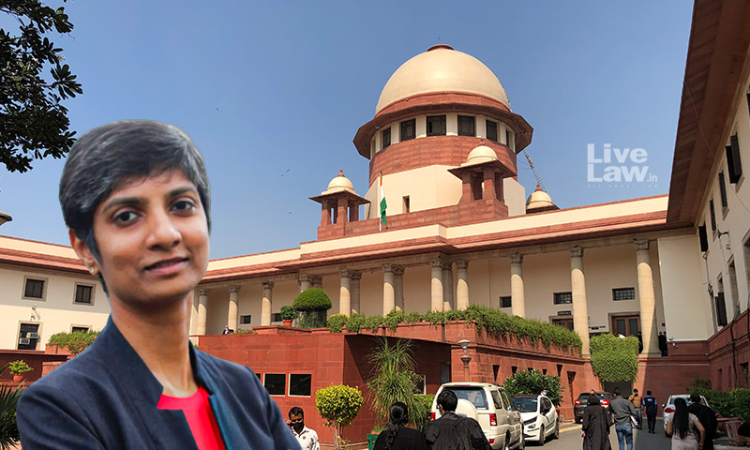Only 9 Convictions In PMLA Cases Out Of 1700 Raids By ED Since 2011 : Menaka Guruswamy To Supreme Court
Mehal Jain
16 Feb 2022 10:02 PM IST

Next Story
16 Feb 2022 10:02 PM IST
Senior Advocate Menaka Guruswamy, for one of the petitioners challenging the various provisions of the Prevention of Money Laundering Act, told the Supreme Court on Wednesday that of the 1700 raids conducted and 1569 specific investigations by the Enforcement Directorate(ED)- with rates increasing by 20% every year and then doubling and tripling- since 2011, only 9 convictions have...
